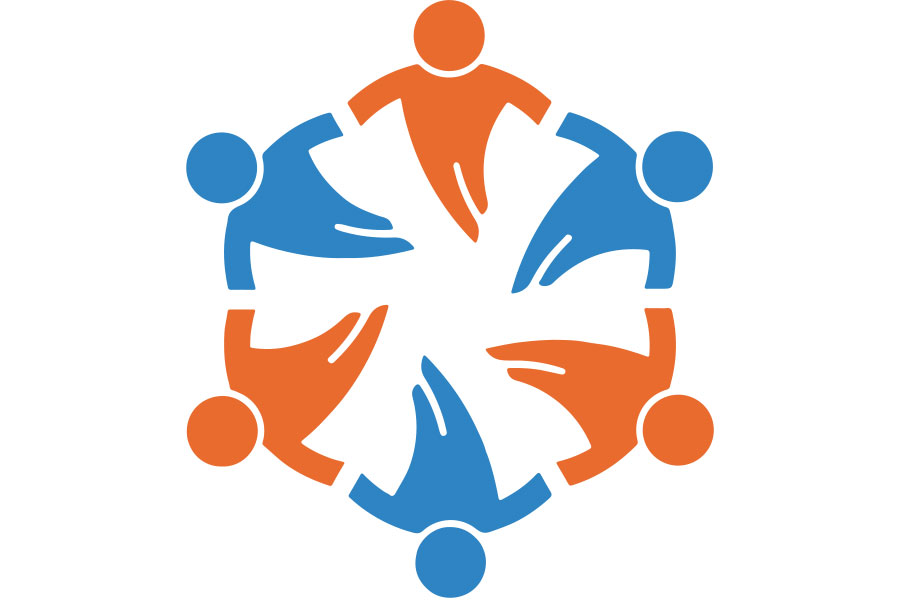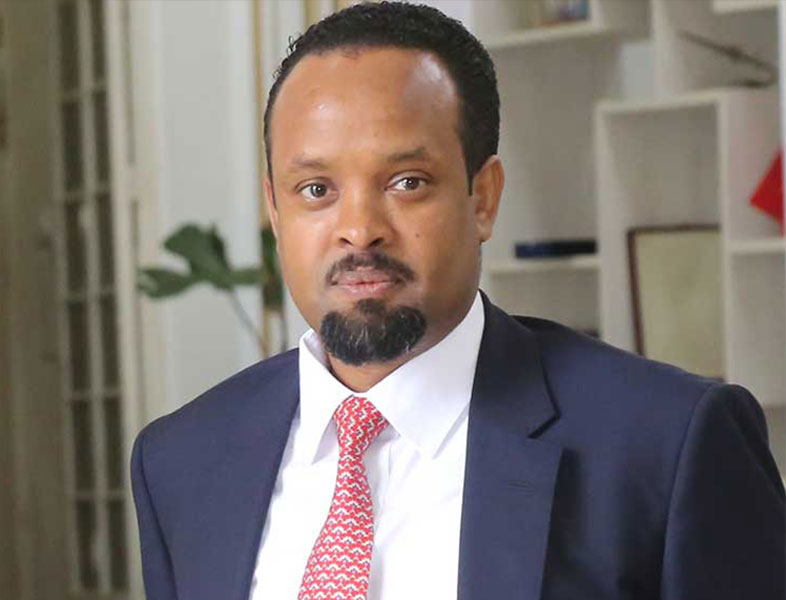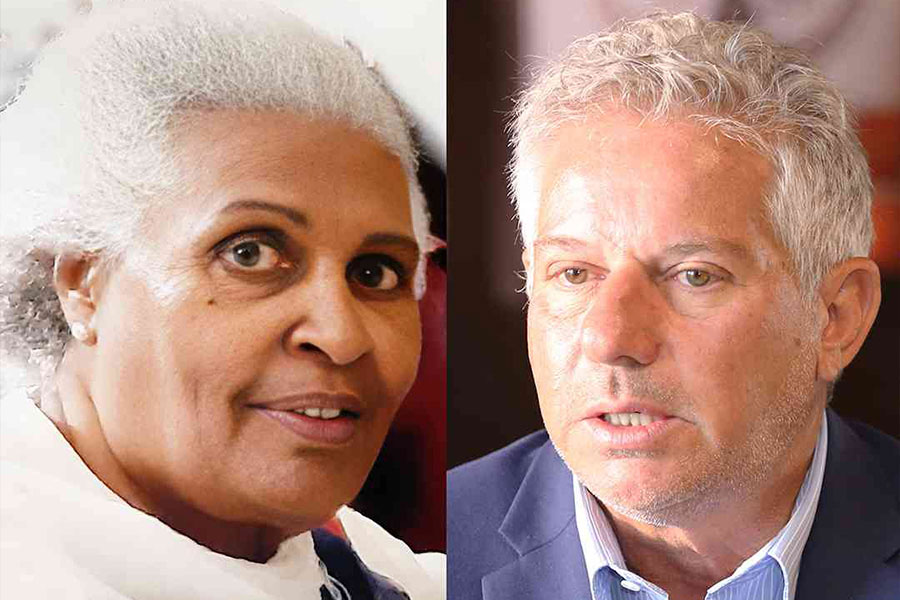
Radar |
Apr 26 , 2025
By Leslie Maasdorp , Hans-Peter Lankes
As development-finance institutions (DFIs) push the envelope, the backing of government shareholders becomes essential for evolving their mandates and operational tools. Flexibility, control, and long-term vision are crucial, write Leslie Maasdorp, CEO of British International Investment, and Hans-Peter Lankes, managing director of ODI Global. In this commentary provided by Project Syndicate (PS), they argue that with rich governments reducing foreign aid budgets, the onus is on DFIs to create opportunities in critical sectors that may otherwise remain overlooked.
The fourth United Nations International Conference on Financing for Development, to be held in Seville, Spain, from June 30 to July 3, will consider a hotly debated topic: how development-finance institutions (DFIs) can mobilise more socially beneficial private investment in the countries where they operate.
Many have pointed to the shortage of "bankable projects" as the main barrier to mobilising private-sector capital. They are not wrong. Under the traditional demand-led business model, DFIs can invest only in companies that want to raise capital and meet certain financial and impact criteria.

But a new report by ODI Global shows that some DFIs are taking a more proactive approach when a development need is not being met by a suitable business that seeks capital. They are starting commercial ventures of their own. Earlier this year, for example, British International Investment (of which one of us is CEO) sold Ayana Renewable Power, an Indian energy company that BII founded in 2018, for 2.3 billion dollars. In less than a decade, Ayana added, or was in the process of adding, a renewable-energy capacity of 4.1GW to a country that desperately needs it.
Creating a new business from scratch, such as Ayana, is at one end of the spectrum of more entrepreneurial approaches identified by the report. This also includes setting up new intermediaries and forming joint ventures with existing firms to push them in a more development-oriented direction.
While some observers lament that blended finance has not scaled as rapidly as hoped, others are concerned that it has sacrificed development impact to mobilise private capital. But, impact and scale are not in opposition. The huge investments needed to decarbonise middle-income economies are certainly effective. And the 12 ventures featured in ODI Global's report have already achieved significant scale, deploying more than four billion dollars of capital from DFIs and raising three billion dollars from private investors.
That said, sponsoring new commercial enterprises is more about impact than mobilising as much private capital as possible with the fewest public dollars, partly because it is riskier than the standard DFI model. The absence of businesses in a market segment implies that the returns on offer are relatively unappealing. But these investments may only require a longer timeframe. In such cases, DFIs and other development institutions often have the patience to wait for a business to prove itself.
The ventures that ODI Global studied are on the path to profitability, but it is admittedly a long, narrow road for some (Ayana attracted private co-investors unusually quickly). DFIs should therefore take this route only when they identify an urgent unmet development need and have exhausted other possibilities.
The potential for achieving development goals through DFI-sponsored ventures does not receive enough attention, especially from government shareholders, whose support is integral to developing the new mandates and tools that such efforts would require. Tellingly, the organisations responsible for the ventures in ODI Global's report – BII and Norfund (the Norwegian DFI) – are exceptionally flexible and can support long-term horizons for risk-taking. BII also has the ability to take a controlling stake in companies, whereas most DFIs can take only a minority stake.
To be sure, the leaders of DFIs are often uncomfortable with this idea, arguing that they know how to choose management teams to support, not how to run companies. But they should not undersell themselves. DFIs employ investment professionals who can identify a market opportunity and evaluate a business plan. After deciding to create a new venture, they can hire talent with complementary skills, as BII and Norfund have done.

Despite internal concerns about staffing, it is the organisational constraints preventing DFIs from becoming entrepreneurial that are the more pressing problem. Shareholders should change the rules under which DFIs and development banks operate to allow them to establish companies. They should also develop solutions, similar to the World Bank's Private Sector Window, that increase their risk-bearing capacity. But even if they do not, DFIs can overcome these obstacles by finding creative ways to share the risks and responsibilities of generating, rather than merely responding to, investment opportunities.
They would surely have the support of foundations and other impact investors who want to use catalytic and risk-tolerant financing to promote social good.
One of the best ways for DFIs to advance countries' development aspirations is to create investment opportunities in critical sectors that have been, and will likely continue to be, unattractive to private investors. Moving beyond the traditional demand-led model would increase their potential for impact, especially after many governments made massive cuts to foreign aid. Those governments, in particular, should do all they can to support this change.
PUBLISHED ON
Apr 26,2025 [ VOL
26 , NO
1304]

Radar |

Fortune News | Jun 01,2019

View From Arada | Dec 17,2022

Radar | May 20,2023

Commentaries | Feb 24,2024

Radar | Aug 21,2023

Radar | Apr 19,2025

Radar | Nov 26,2022

Agenda | Jul 01,2023

Fortune News | Jul 12,2021

My Opinion | 128051 Views | Aug 14,2021

My Opinion | 124267 Views | Aug 21,2021

My Opinion | 122381 Views | Sep 10,2021

My Opinion | 120234 Views | Aug 07,2021

Dec 22 , 2024 . By TIZITA SHEWAFERAW
Charged with transforming colossal state-owned enterprises into modern and competitiv...

Aug 18 , 2024 . By AKSAH ITALO
Although predictable Yonas Zerihun's job in the ride-hailing service is not immune to...

Jul 28 , 2024 . By TIZITA SHEWAFERAW
Unhabitual, perhaps too many, Samuel Gebreyohannes, 38, used to occasionally enjoy a couple of beers at breakfast. However, he recently swit...

Jul 13 , 2024 . By AKSAH ITALO
Investors who rely on tractors, trucks, and field vehicles for commuting, transporting commodities, and f...

Apr 26 , 2025
Benjamin Franklin famously quipped that “nothing is certain but death and taxes.�...

Apr 20 , 2025
Mufariat Kamil, the minister of Labour & Skills, recently told Parliament that he...

Apr 13 , 2025
The federal government will soon require one year of national service from university...

Apr 6 , 2025
Last week, the International Finance Corporation (IFC), part of the World Bank Group...

Apr 26 , 2025
Neway Magersa (Left), president of Sinqee Bank, shared a lighter moment at the Skylight Hotel on Africa Avenue and chuckled with Oromia Regi...

Apr 27 , 2025 . By BEZAWIT HULUAGER
A controversial decision to clear a large tract of land in Addis Abeba's Wereda 1, around Flamingo and th...

Apr 27 , 2025 . By AKSAH ITALO
Key Takeaways A federal court dismissed Zewdinesh Getahun's ownership claim as time-barred, requir...

Apr 27 , 2025 . By AKSAH ITALO
Key Takeaways: Ethiopian drug makers are seeking unconditional guarantees from the state-owned Eth...